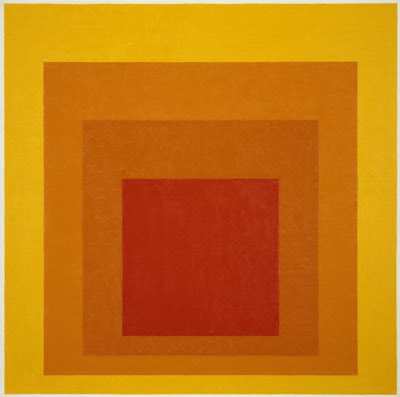So, I started reading
The Mansion of Happiness by New Yorker writer Jill Lepore. She begins by talking about several board game representations of one's trajectory through life. Really, what could be a more revealing way to depict an idea of "what it's all about" than a board game, which includes both a method to propel a player through the game (Is it all random? Is there a strategy? Does it literally pay to go to college, or be virtuous?), and some metric that determines how you're doing (Is this determined by progress relative to the other players? By the accumulation of money? Children? Landing on square that simply informs you that you are happy?).
Fascinating. I'll just let that hang in the air and share some images of the old board games she discusses.
The Mansion of Happiness. This one invented in the 1840s by the daughter of a minister...good Christian virtues are rewarded with a mansion. Because obviously. Look at the pope and every televangelist!
 |
| "The Mansion of Happiness" game board |
|
|
|
The Checkered Game of Life. This one invented by Milton Bradley HIMSELF circa the Civil War, and carried in Union soldier's backpacks as part of a travel set that included checkers and backgammon. Because after a day of being shot at, it's great to unwind by playing a board game where part of the object is to avoid landing on the square marked 'suicide.' Fun!
 |
| "The Checkered Game of Life" |
|
|
|
Then, of course, to raise the Baby Boomers up right, there was "The Game of Life," which focuses on accumulating money and filling plastic cars with little blue and pink pegs to represent your consumerist offspring. This one was reissued many times. My brother and I had it. I don't think its message really took, THANKFULLY.















